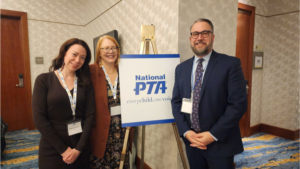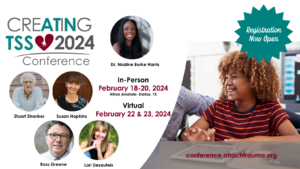What I was going to write
Tuesday afternoon, I had a whole thing I was going to write about childhood trauma in Miracle Creek by Angie Kim. At some point, I probably will go ahead and write that post. But just before I sat down with notebook and pen (yes, I am that weirdo who writes out electronic communication in longhand first…), I checked the news.
“Derek Chauvin is Guilty of Murder in George Floyd Death”
This New York Times headline greeted me. That in turn led me to social media, which very soon gave me other, more urgent things to say. Most people expressed some form of relief. A few–usually melanin-deficient–thought the work of racial justice was somehow complete. The majority seem to see the guilty verdict as a first step toward accountability. As Derrick Johnson of the NAACP wrote in an email immediately following the verdict:
“The chapter on Derek Chauvin may be closed, but the fight for police accountability and respect for Black lives is far from over.”
Revolutionary Love
This past weekend, I had the privilege–an incredibly humbling one, at that–of attending the Revolutionary Love conference on antiracism and social justice, led by Reverend Jacqui Lewis of Middle Church. The Zoom format imposed by COVID turned out to be the perfect venue, as I and others like me heard from a variety of BIPOC and LGBTQ leaders. Our task as the audience was to listen. We heard stories and testimony that ran the gamut from humor to despair, from joy to outright rage. Through it all, we sat before our screens, silenced not just by the mute button, but also by the magnitude of all we have yet to learn.
What do we do next?
Here are some takeaways from that experience that I think apply to today’s verdict, especially as it relates to our work at ATN:
- This post needs to be short. The Black community does not need me to speak for them. In fact, if you stop reading now and turn to any leader of color instead, my work here will be done. Yes, advocacy has its place. So does getting out of the way.
- In his e-mail, Mr. Johnson also wrote, “no amount of justice will bring Gianna’s father back.” I have only spent 15 years working with childhood trauma; I can only begin to imagine the implications of this. Multiply Gianna’s loss by generations, then maybe you can begin to imagine too.
- Hurt and rage do not heal overnight, nor should they. In my work life, my home life, and my work with ATN, I need to not just hold space, but also make space for those emotions to be released and truly heard.
- It is not up to me or anyone else to tell BIPOC how to feel or when, where, or how they should express that. Frankly, I need to shut up and step to the side. Then, if and only if my allyship is trusted and desired, I can come up and walk alongside.
- Trauma can’t heal if we don’t address the underlying cause. The NAACP website states it plainly: “The jury has spoken, but our lives are still on the line.”
I’ll say it again: the guilty verdict is a victory. I pray it is the first of many. That doesn’t erase the trauma that has yet to heal. For that to happen, everyone has to do their part.



